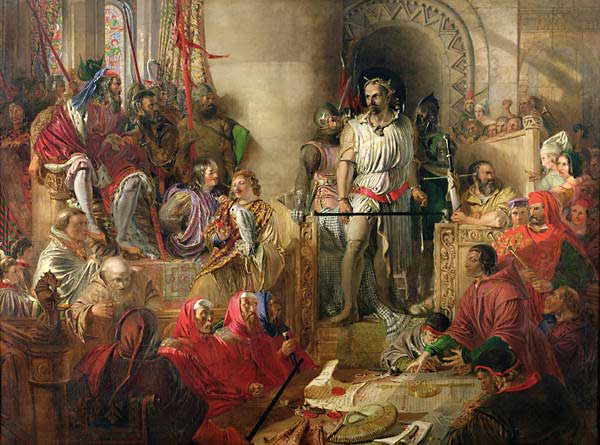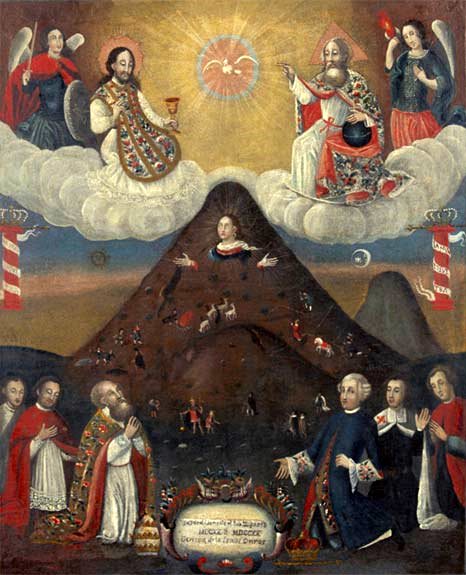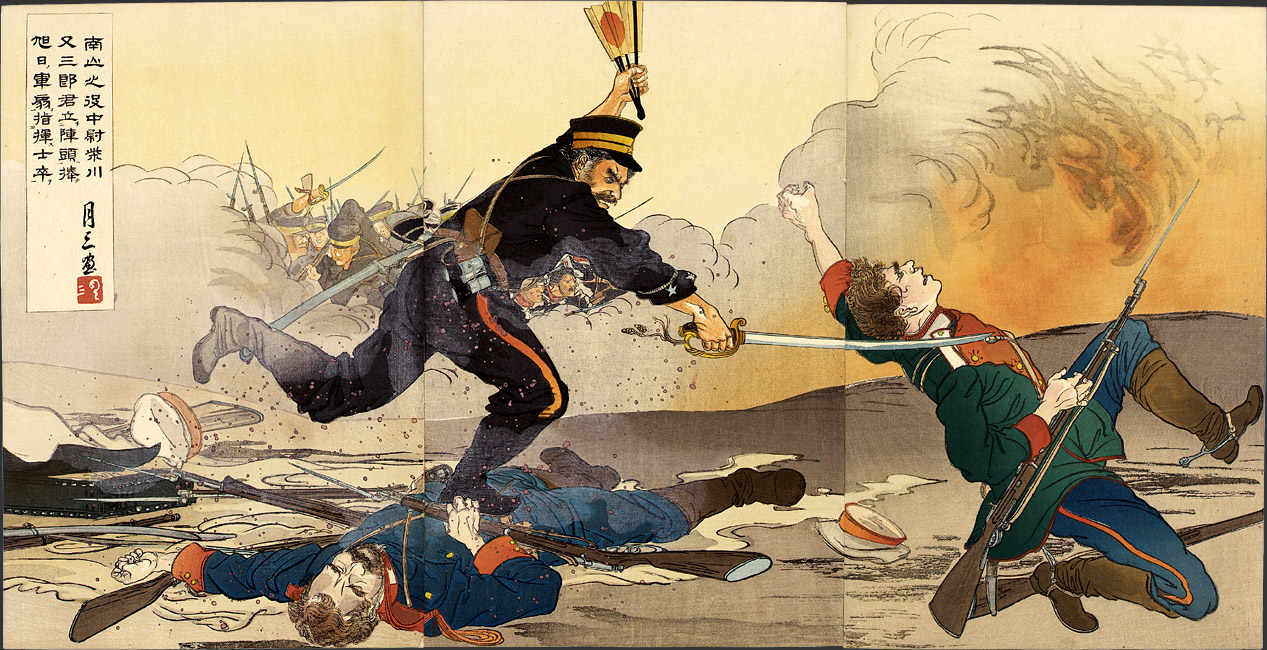By Sarah Bakhtiari

What does it mean to be a “good European” today? Here’s a look at the philosophical roots of the concept that colors (sometimes unwittingly) its modern usage.
Jeffrey Sachs outlines the risks involved in Germany’s failure to recognize the lessons of its own debt history when dealing with the Greeks—most poignantly highlighting that post-World War I hardline policies helped give rise to Hitler, albeit indirectly.
Today’s U.S. military strategy, particularly that of the Air-Sea Battle concept geared to offset China’s anti-access, area denial measures, continues to reflect a dichotomous conceptualization of war and peace, potentially marginalizing the potential for coercive diplomacy.
Social media conversations drive the development of different network structures, but don’t necessarily facilitate the exchange of information or ideas between individuals. The Pew Research Center has identified six different network patterns correlated with different conversation types—notably, political conversations lead to polarized network crowds, in which dense groups of people talk about the same subject, but do not connect to members of other groups, or use the same words, URLs, or hashtags.
Speaking of politics, how do political party and ideology shape individual preferences on public policy? Variably, it seems, depending on the issue area. In Greece, partisan cueing seemed important to the outcome of the recent austerity referendum.
Japanese Prime Minister Shinzo Abe has been keen to increase women’s workforce participation, but a recent poll indicates that 75% of the women polled (1,058 respondents) indicated they do not want more responsibility at work. Women’s underrepresentation in the workforce globally extends to the international peacemaking field, as well, where from 1992-2011 just 9% of peace negotiators and 2% of lead mediators were women.
On July 6, Moroccan women organized in defense of individual freedoms—like that of wearing clothing of their choosing—and joined the global “miniskirt front,” following Algeria, Zimbabwe, Kenya, Uganda, and Namibia, most recently. Sexual discrimination isn’t relegated to the developing world, however; Steve Saideman enumerates the incidences of sexism against women he’s observed in political science, and what men in political science can do about it.
Having just past its 53rd Independence Day, Burundi faces a tense voting season up ahead, due to the controversial third-term presidential bid by Pierre Nkurunziza. The bid prompted extensive demonstrations, sporadic violence, and arrests beginning in late April, which led the European and African Unions to withdraw their observer missions.
In light of the Department of Homeland Security opening an federal office of Coordination for Countering Violence Extremism, Elizabeth Shakman Hurd tells us why religion doesn’t cause violence, and how we might better capture religion and governance accurately with a new vocabulary.







